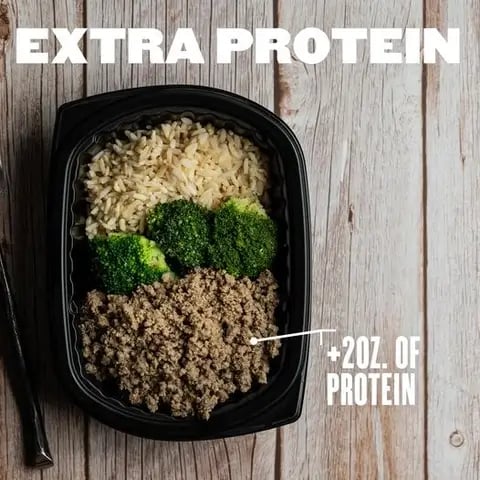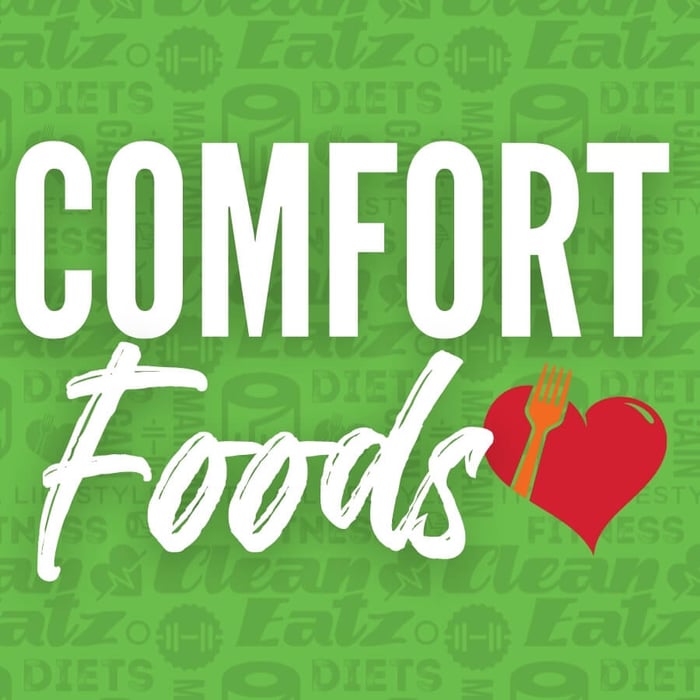Being transparent, the quest to decrease body fat isn't limited to a few; everyone is keen on it. It's undeniably the goal I've encountered most frequently during my professional journey. How to increase your protein intake.
A predominant misstep is resorting to crash diets. While it might seem intuitive to think that reducing food drastically would prompt the body to utilize fat for energy, it's a misconception. Such drastic measures often lead to muscle loss, making the individual even more vulnerable to fat accumulation in the future. Did you know that, as cited by the Mayo Clinic, the greater muscle mass you possess, the more fat calories you burn?
The foundation of this journey isn't just about losing fat but also about understanding how to increase your protein intake. The media buzzes with mentions of low-carb diets daily. But is this the ultimate solution? The reality is many people overconsume carbs, inadvertently decreasing their lean protein intake. The objective shouldn't be to adopt a "low-carb" regimen but to aim for a balanced "lower-carb" one. And here, ways to increase your protein intake play a pivotal role in adjusting these macronutrients.
According to research from the Gatorade Sports Science Institute, athletes, when aiming for weight loss, should prioritize adequate high-quality protein consumption to maintain muscle mass. The elderly can also benefit from this approach, as seen from a study on NIH. Sources of such proteins? Think low-fat dairy, lean beef, poultry without skin, lean pork, fish, soy, and nuts. To simplify, the protein intake usually shouldn't exceed 2 grams per kilogram of your body weight daily. For a 200-lb individual, this translates to about 180 grams of protein daily. To further elucidate on how to increase your protein intake: I advocate for consistent protein doses throughout the day, about 0.30 grams per kg of body weight.
For those needing clarity on ways to increase your protein intake, I've crafted a comprehensive reference table. This table will guide you on the protein amount you should target every meal and provide an estimate of your daily protein requirements.
|
Goal Body Weight
|
Protein Dose per Meal/Snack |
# of Meals/Snacks per Day |
Total Daily Protein
|
|
100 to 125 lbs |
14-17 grams |
6-7 |
90 to 115 grams |
|
125 to 150 lbs |
17-20 grams |
6-7 |
115 to 135 grams |
|
150 to 175 lbs |
20-24 grams |
6-7 |
135 to 160 grams |
|
175 to 225 lbs |
24-30 grams |
6-7 |
160 to 205 grams |
|
225 to 250 lbs |
30-34 grams |
6-7 |
205 to 225 grams |
|
250 to 275 lbs |
35-38 grams |
6-7 |
225 to 275 grams |
|
275 to 300 lbs |
38-41 grams |
6-7 |
250 to 275 grams |
For many, the question of how to increase your protein intake is a pressing one, especially amidst the chaos of modern life. Balancing demanding jobs, children's school activities, fitness routines, and long commuting hours often pushes our dietary concerns to the back burner. However, the importance of adequate protein in our diet cannot be overstated. It's essential for muscle repair, energy, and overall health.
Incorporating high-quality, protein-rich meals and snacks into your daily routine might seem like a daunting task. And the term “prepacked meals” might conjure images of flavorless, monotonous food. But times have changed! There are innovative ways to increase your protein intake without compromising on flavor or quality.
Clean Eatz Kitchen is revolutionizing the concept of prepackaged meals. By blending the convenience of ready-to-eat meals with gourmet flavors and nutritious ingredients, it provides a seamless solution to those exploring ways to increase their protein intake. The meals offered are not only appetizing but are also tailored to amplify your protein consumption.
To give you a more vivid idea, let's delve into some offerings: These meals, which can be likened to dishes from top-tier restaurants, ensure controlled portions that align with weight loss and wellness targets. Each meal contains approximately 25-30 grams of prime lean protein, hitting the ideal mark for an average adult. Beyond the protein, they come loaded with essential vitamins and minerals from an array of vegetables and offer balanced carb sources to keep you energized throughout the day.
But what if you have unique protein needs? Clean Eatz Kitchen has got you covered. For those on the lower spectrum of protein requirements, you can effortlessly split your meal into two servings, stretching its value even further. On the flip side, if you're aiming for a higher protein intake, consider their extra protein meal options. And for those moments when you crave a sweet indulgence, there's the high-protein Dessert Barz. Not only will they satisfy your sweet tooth, but they will also give your protein levels a delightful boost.
So, if you've ever pondered how to increase your protein intake without giving up taste, variety, or convenience, Clean Eatz Kitchen holds the answers you seek.
FAQ
Will increasing protein reduce body fat?
During intentional calorie reduction, protein aids in fat loss. A year-long study of 130 overweight individuals on a limited-calorie diet showed that those on a high-protein regimen shed 53% more body fat compared to those on a standard-protein diet, even though both groups consumed identical calories (30).
Which protein is best for fat loss?
Whey protein is associated with remarkable advantages such as enhanced weight loss, increased feelings of fullness, and improved body structure. In a study, overweight and obese adults who consumed 56 grams of whey protein every day for 23 weeks shed 5 pounds (2.3 kg) without making any other dietary alterations.
Does protein help lose belly fat?
In a study spanning 12 weeks, women of average weight but with a high percentage of body fat adhered to either a high protein or regular protein diet. The group consuming more protein shed an extra 3 pounds (1.4 kg) of fat and reduced their waist by approximately 1 inch (2.2 cm).




